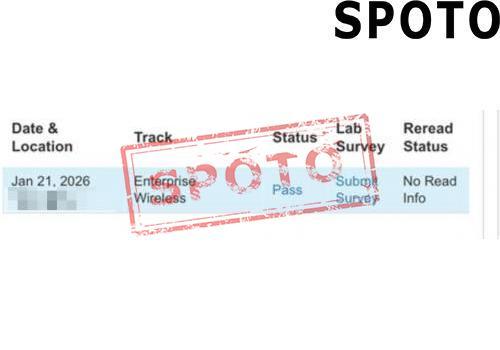
Table of Contents
Technical experts are highly skilled professionals who are responsible for solving technical problems in a business or organization and overseeing the normal operation of computer programs. They can provide technical support to customers or other team members via phone, video calls or face-to-face meetings.This article will introduce you to what a Technical Expert is, the career information and prospects of a Technical Expert and the necessary conditions to become a Technical Expert.
1. What is a Technical Expert?
Technical experts are highly skilled professionals who are responsible for solving technical problems in a business or organization and overseeing the normal operation of computer programs. They can provide technical support to customers or other team members via phone, video calls or face-to-face meetings.
2. What does a Technical Expert do?
As a technologist, tech-related tasks are an important part of your job description. First, technologists are responsible for diagnosing technical problems, troubleshooting computer systems, testing various components of the system to ensure it is functioning properly, and resolving problems or making minor repairs to computers and other technical equipment. Second, technologists also need to set up accounts and provide access to computer systems, install, update, and ensure compatibility of software and hardware. Third, technologists also need to collaborate with colleagues within and across departments, provide training on the use of new software and hardware, and make recommendations on how to improve the organization's computer systems. Finally, they need to respond to inquiries, calls, emails, and chat messages from customers and colleagues in a timely manner.
3. Career Insights: Salary, Outlook & Related Roles
(1) Technical Expert Salary
According to ZipRecruiter data on May 19, 2026, the average annual salary for a technologist in the United States is $156,348. That's about $75.17 per hour. That's $3,006 per week or $13,029 per month. Annual salaries can be as high as $206,000 and as low as $30,000, but most technologists currently make between $116,000 and $205,000, with the highest earners (90th percentile) making $205,000 across the United States. The average salary range for a technologist varies widely (as high as $89,000), which means there may be many opportunities for advancement and pay increases based on skill level, location, and years of experience.
(2) Job Outlook of Technical Expert
The career prospects of technical experts are bright.According to the U.S. Bureau of Labor Statistics, overall employment in computer and information technology occupations is projected to grow much faster than the average for all occupations between 2023 and 2033. These occupations are expected to have an average of about 356,700 job openings each year due to job growth and the need to replace workers who permanently leave the occupation.
(3) Similar Occupations
Software Engineer
Business Analys
Technical Manager
Programming Analyst
System Engineer
System Analyst
Solutions Architect
Technical Architect
4. What Are the Qualifications to Become a Technical Expert?
(1) Obtain a Bachelor's Degree
The first step to becoming a technologist is to have the required education level for the position, which is a bachelor's degree in a related field. Technologists are often required to have a bachelor's degree in computer science, information technology, or engineering (various majors).
(2) Develop professional skills
Technical specialist positions require applicants to have extensive technical knowledge and computer-related skills.
For example, Microsoft Windows and other operating systems, basic computer knowledge and maintenance, computer hardware knowledge, mobile device knowledge, programming language knowledge such as Java and Python, business operations, computer and network security, software maintenance and testing, and Microsoft Office, etc.
(3) Earn Industry Certifications
When applying for a technology specialist position, it is helpful to obtain certain certifications because they can help you develop key skills and knowledge required for the position and make your resume more noticeable to employers. Some employers prefer to hire candidates with experience in a related technical field, such as networking technology or IT.
The CCIE Enterprise Wireless certification demonstrates your proficiency in planning, designing, implementing, operating, and optimizing complex enterprise wireless networks. Advance your career as a technology specialist by earning the Cisco Certified Internetwork Expert (CCIE) Enterprise Wireless certification.










